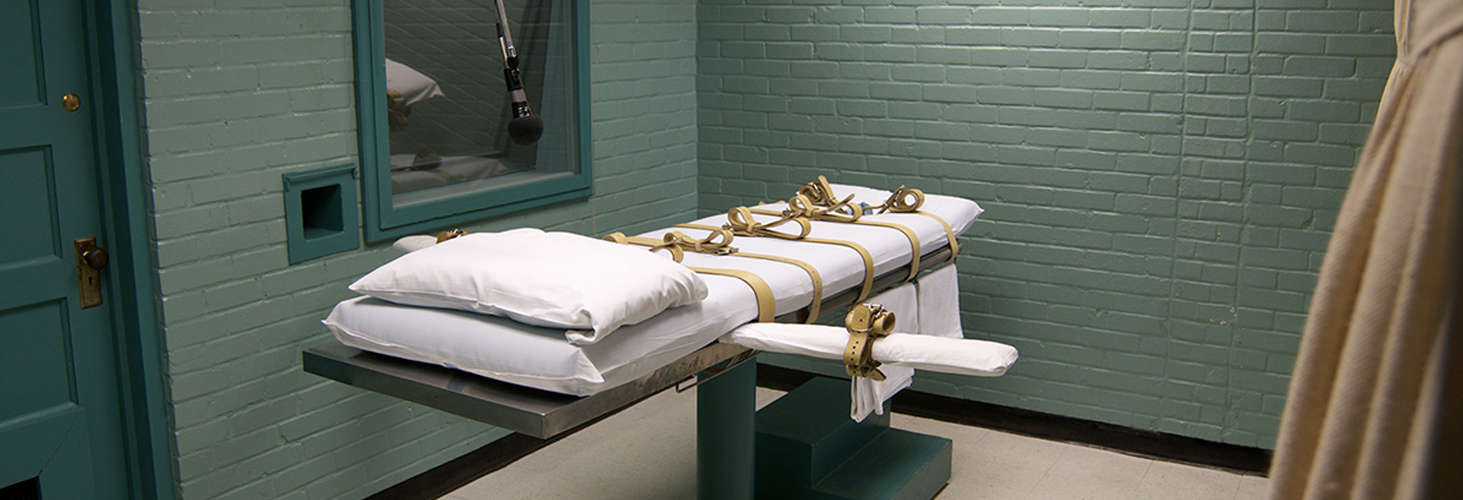By Brandon Moseley
Alabama Political Reporter
Thursday, the state of Alabama executed Torrey McNabb in Holman prison in Atmore, Alabama, by lethal injection.
McNabb was convicted in the 1997 murder of Montgomery police officer Anderson Gordon.
After being notified that McNabb’s sentence had been carried out, Alabama Gov. Kay Ivey said in a statement:
“Though Mr. McNabb did not formally ask for clemency, I gave his case, and his sentence, the deepest level of consideration possible,” Ivey said. “Whenever an individual in Alabama is scheduled to be executed, I take seriously my responsibility to weigh the circumstances of the case, mitigating and aggravating factors and the need to ensure justice is served.”
“Mr. McNabb was convicted by a jury of his peers of killing a police officer who was sitting defenseless in his patrol car, while on duty,” Ivey said. “Police officers across Alabama make great sacrifices to protect our people and to ensure proper enforcement of our laws. It is tragic that Mr. McNabb chose to murder Officer Anderson Gordon for simply trying to talk to him. Courts at every level have upheld Mr. McNabb’s conviction for his senseless act.”
Alabama Attorney General Steve Marshall said in a statement after Torrey McNabb’s execution that the “20-year wait for justice is finally over.”
“In 1997, Torrey McNabb took the life of Officer Gordon, shooting him five times as he sat in his patrol car,” Marshall said. “Tonight, the family of Officer Gordon can finally seek peace.”
According to original reporting by the Associated Press’s Kim Chandler McNabb’s attorneys filed several appeals during the day. The last stay of execution order was lifted at 9:35 pm allowing the state to execute McNabb.
McNabb was fleeing a bail bondsman when he came upon officer Anderson Gordon, whom he shot five times.
McNabb had sued the state arguing that one of the drugs used in Alabama’s lethal injection amounted to unconstitutional cruel and unusual punishment under the Eighth Amendment.

















































